Born: 1846
Died: 02.02.1919
Brodie Duke, the eldest of Washington Duke's children, was the first of the Duke clan to recognize the potential of Durham in expanding tobacco production and transport.
Brodie was born in 1846, the second child of Washington Duke and Mary Caroline Clinton. His mother died when he was 1. Washington Duke remarried, to Artelia Roney and had 3 children, Mary, Ben and James. In 1858, both the eldest child, Sidney, and Artelia died.
Brodie thus became the oldest surviving child, and the only surviving child of his mother. He served - possibly impressed into service - as a scrawny youth in the Confederacy, stationed at the Confederate prison in Salisbury, NC. At the end of the war, he tried farming shares with his uncle William Duke, as Washington Duke and his remaining children began to create their own small manufacturing venture.
Always a bit of an outsider to the machinations of the rest of the Duke family, Brodie struck out on his own from his father's business. Brodie was the first of the Dukes to move to Durham; he purchased a frame building on Main Street to set up his own business in 1869. He lived upstairs and manufactured tobacco downstairs, calling his brands "Semper Idem" and developing the soon to be famous "Duke of Durham." It was evidently during this time that he first succumbed to what would become a lifelong battle with alcoholism.
In 1874, the remainder of the Dukes saw the opportunity presented by Durham - Washington Duke sold his farm and moved to Durham, building a frame tobacco manufacturing building on West Main St. - this building had separate partitions - one for Brodie Duke's business, and the other for Washington Duke's - although they initially had a 'mutual assistance' arrangement where each would sell the other's products. Brodie built his own tobacco warehouse - located at present-day Liggett and Corporation Streets around 1878. Around this same time, he joined with his father and the other sons to form W. Duke and Sons Tobacco Co. Sometime during 1870s, Brodie married his first wife, Martha McMannen, daughter of John McMannen (who developed the houses on McMannen Street.) Brodie Duke, although he owned shares in W. Duke and Sons, was not engaged in the day to day operations of the business - I get the feeling that the remainder of the family preferred it that way.
Brodie, perhaps by virtue of being first on the Durham scene, but perhaps because he didn't remain as completely engaged in building a tobacco empire as his father and two half-brothers, Ben and Buck, accumulated a great deal of land on the west side of Durham, including most of what would become Trinity Park. He built his own estate on a 15 acre plot of land sometime prior to 1883, just one block west of his tobacco factory. The street we now know as "Duke St." is so named because it initially led to (and ended at) his house and land.
He also built mercantile establishments and office buildings downtown - which did not fare so well. The first, near Main and Church Sts., was destroyed in a large Durham fire in 1881. Another, the five story brick office builing called the "Brodie Duke Building" in the 100 block of West Main St., was where a disastrous 1914 fire started that destroyed the entire block.
Brodie's life seemed to be a series of such advancements and reversals - he bought the Bennett Place in 1890 and built a shell around the outside to try to preserve it - so that he could try to sell it to the World Columbian Exposition of 1893 in Chicago. He had no takers. He invested heavily in cotton textiles- including the Commonwealth Cotton Company and in establishing the Pearl Cotton Mill just northeast of his estate in 1892.
In 1891-2 he traveled to Illinois to receive the "Keeley Cure" - for alcoholism - and returned ostensibly sober. By 1893, he had declared bankruptcy, the mills were taken over by his brother Ben, and Brodie fell back into a pattern of "indulging in whiskey and women."
However, this did not stem his contributions to the development of much of what we think of as 'historic Durham' today. Having amassed large quantities of land extending from Trinity College through present-day Old North Durham and Duke Park (one source notes his acquisition of "150 acres at $10 an acre",) Duke awaited the establishment of a successful streetcar system to develop his land. The planned trolley extension into future Trinity Park, known as the Dummy Street Railway, failed before it could get off the ground. However, after Richard Wright successfully started the Durham Light and Traction Company in 1901, Duke began subdividing land and selling off parcels in Trinity Park and North Durham. Duke initially named the streets in Trinity such that Gregson St. was named "Hated St." Thus, his antipathy for George Watts - who as a strict Presbyterian no doubt disapproved greatly of Brodie Duke's lifestyle - was expressed each time a person read a map or traveled east-west. The streets would read (depending on the direction of travel) "Duke - Hated - Watts".
Brodie was divorced from his second wife by 1904 (a quite unusual occurrence at the time,) and while on a multi-day bender in New York City during his younger brother Buck Duke's wedding, ended up married to his third wife (to whom he had also given several promissory notes and various prenuptial promises- for how much cash isn't stated.) The Duke family lawyers obtained a warrant for Brodie's commitment to a sanitarium, pleading a temporary insanity due to intoxication. He managed to successfully sue for divorce on the grounds that he had no recollection of the series of events. The brothers were not at all close after Brodie's 'night(s) in New York' and subsequent events.
Brodie had to put his wealth in the care of trustees during this event, and appears to have laid just a bit lower over the next several years. Despite his wayward ways, he seemed to evince some of the same streak of civic and educational generosity that possessed the remainder of his family. In 1886, he had donated the land for the Main Street Methodist Church. In 1910, Duke donated two lots of land for the King's Daughters Home on Buchanan Blvd. with a $500 "nest egg", and evidently named the intersecting street Gloria, "because of the glory of being able to aid such a cause" - that cause being the the provision of shelter and care to elderly women. He also donated the land that became (Brodie) Duke Park.
Also in 1910, Brodie married his fourth wife, Wylanta Rochelle. As Robert Durden puts it, Duke would pass by the Rochelle family home on his walk downtown and stop by the front porch to argue with the Rochelle patriarch, who was a Democrat (Brodie, like all the Dukes, was a staunch Republican - although these were quite different categories than present-day.) The fact that Wylanta Rochelle was 40 years his junior was probably of less concern to the rest of the Duke family than simply ensuring that the groom (and bride) had actually made a sober commitment.
He died on February 2, 1919; per Robert Durden in "The Dukes of Durham", Brodie died unreconciled with his half-brothers, and neither attended his funeral, a ceremony held in his home - although Ben Duke was quite ill at the time.

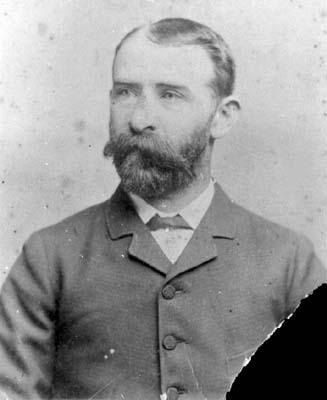
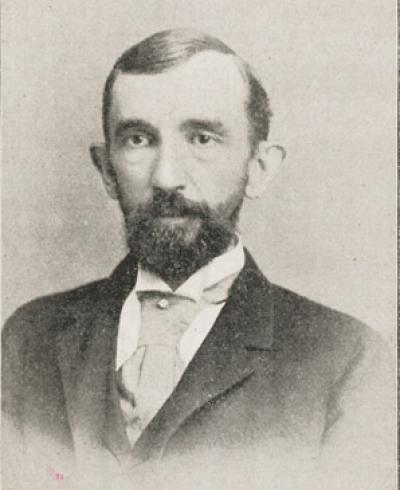
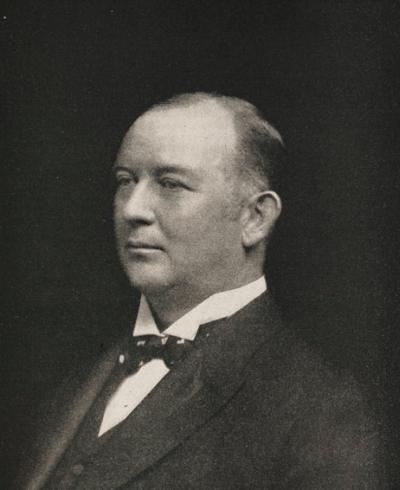
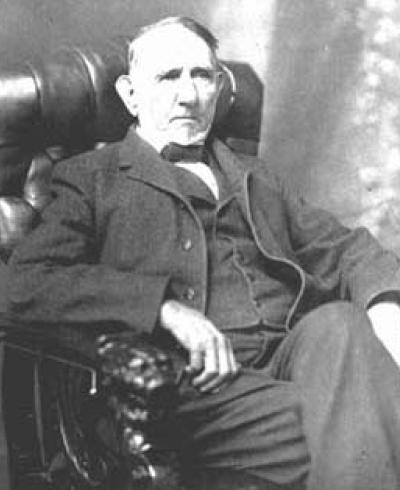
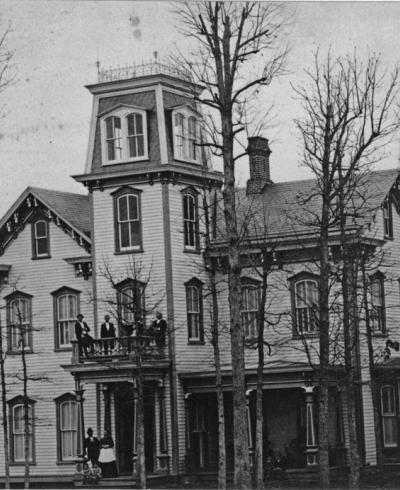
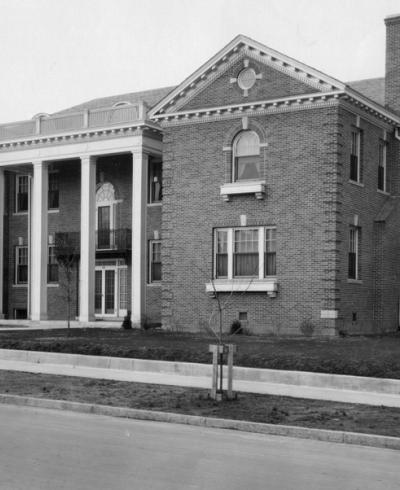
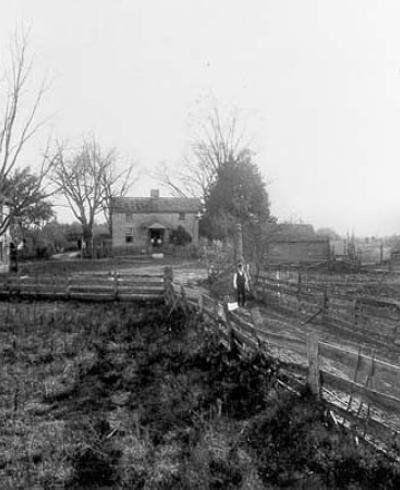
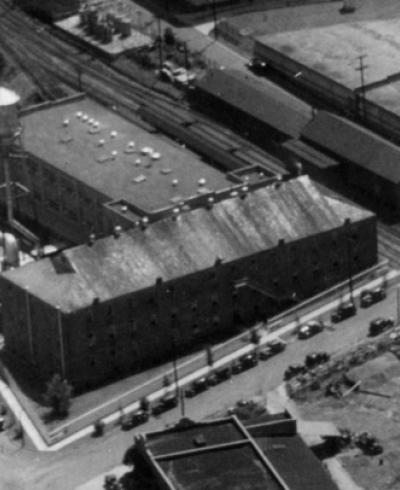
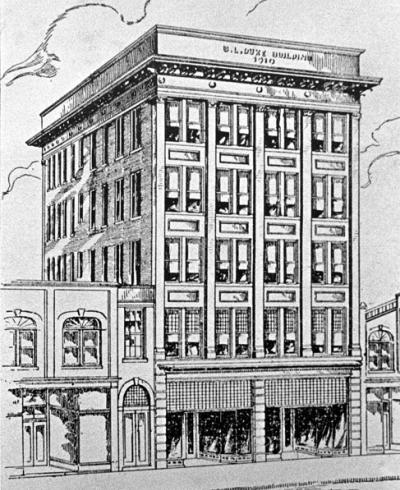
Add new comment
Log in or register to post comments.